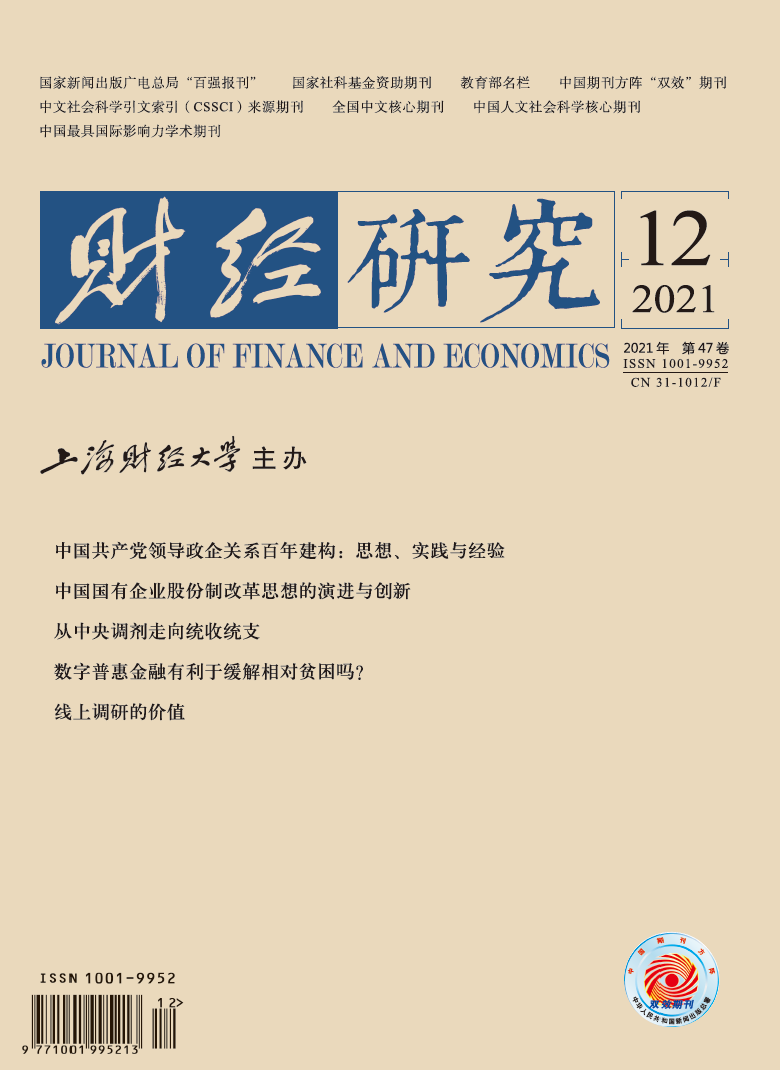High-quality education plays a key role in a country’s economic and social development, so the government has always taken the construction of high-quality education system as an important means to improve the quality of people’s life and improve the level of social construction. Adequate education input is the premise to improve the quality of education, and local government education input is the main body of national education input. Therefore, it is of great theoretical and practical significance to clarify the mechanism and degree of the impact of the citizenization process on local government education input in the process of urbanization.
This paper studies the impact of citizenization on local government education input from the perspective of Household Registration System Reform. On the basis of introducing the policy background and analyzing the theoretical mechanism, this paper uses the panel data of 224 prefecture-level cities from 2008 to 2017 and the generalized DID method to evaluate and reveal the mechanism and degree of the impact of the citizenization process on local government education input, based on the quasi-natural experiment of implementing the comprehensive Household Registration System Reform in 2014. The results show that: First of all, the relative lag of citizenization will restrain local government education input, while promoting citizenization through the Household Registration System Reform will not only increase the total education input of local governments, but also increase the education input level per capita and per student. Second, the process of citizenization will increase local government education input through the “population effect”. Third, the impact of citizenization on improving local government education input generally exists in all cities, but the “population effect” is different among cities with different financial revenue levels. In other words, the “population effect” of improving local government education input by citizenization generally exists in all cities, no matter the city’s financial revenue is abundant or not. But for cities with tight financial resources, the funds that can be used for urban maintenance and construction are relatively insufficient. Even if the degree of citizenization is poor, it is difficult to allocate more funds for urban maintenance and construction. This is a reality that many cities with tight financial resources must accept.
The research results of this paper once again prove the necessity and urgency to promote the process of citizenization and the Household Registration System Reform. More importantly, the Household Registration System Reform should also be promoted as soon as possible for big cities with relatively strict household registration requirements. That is, attention should be paid to the balanced development in the process of the Household Registration System Reform.





 5771
5771  6465
6465

